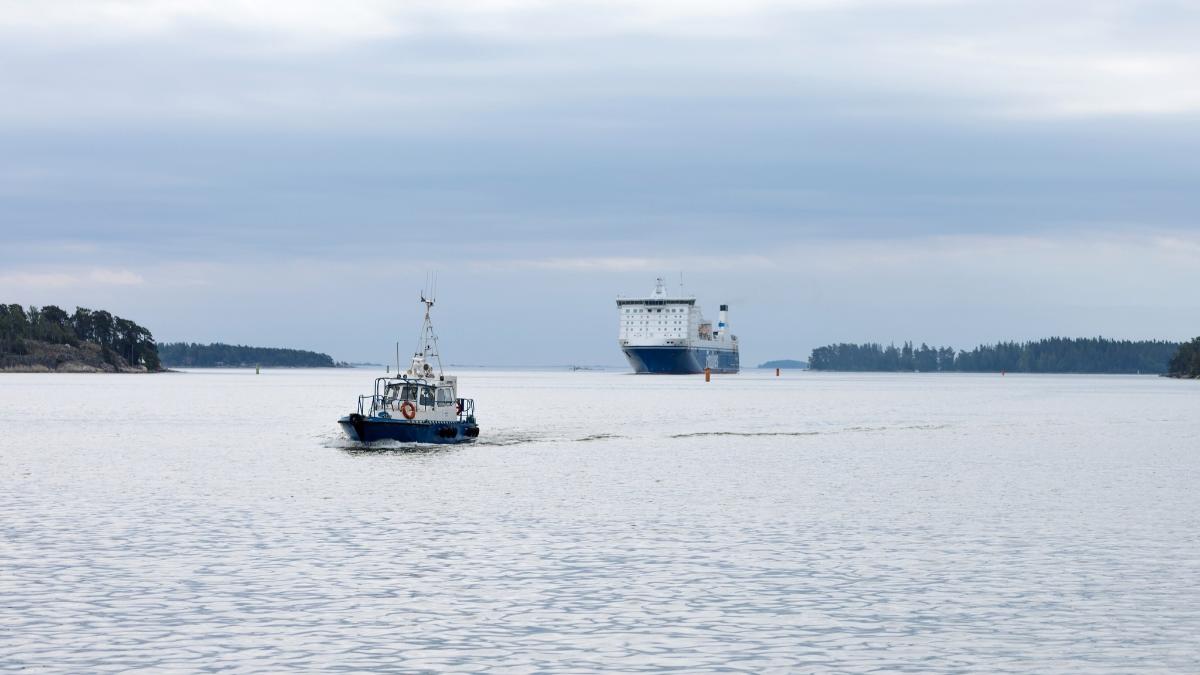EU reaches preliminary agreement on ship-source pollution directive, scope of environmental regulation to be extended

On 15 February 2024, the Member States, Parliament and Commission of the European Union reached a preliminary agreement on amendments to the Directive on Ship-Source Pollution and on the Introduction of Penalties for Infringements. The aim of the amendments is to improve the protection of the marine environment. On 28 February, the provisional agreement was discussed in the Permanent Representatives Committee of the Member States (Coreper).
The amendments will extend the scope of the Directive to cover all discharges in waters included in the discharges prohibition by the International Convention for the Prevention of Pollution from Ships (MARPOL). Finland has already issued provisions on all the prohibitions on discharges from ships under the MARPOL Convention and on the related sanctions.
Partial discharge prohibition on sulphur scrubber residues
The amendments include a partial discharge prohibition on residues from exhaust gas cleaning systems, or so-called sulphur scrubbers. Finland has supported the prohibition.
The discharge prohibition applies to sulphur scrubber washwaters that do not meet the discharge criteria for harmful substances set out in the IMO recommendation. This mainly applies to sludge separated from washing water. The release of so-called open-circulation washwaters would thus continue to be permitted if they meet the discharge criteria laid down in the IMO recommendation. Separate from the amendment to the Directive, the Ministry of Transport and Communications is currently preparing a discharge prohibition for Finland’s territorial waters, as outlined in the Government Programme.
The amendments will also improve the effectiveness of implementation of ship discharge prohibitions and sanctions and the sanction system of the Directive. It is important for Finland that sufficient national margin of discretion can be ensured in targeting sanctions to allow their adaptation to the national legal system. This is achieved in the preliminary agreement.
The amendments to the Directive require that, in the future, administrative sanctions be imposed for violations against the ship discharge prohibitions. To date, regulation in Finland has included oil discharge prohibitions, whereas violations against other ship discharge prohibitions have been subject to criminal sanctions only.
Next steps
The amendments to the Directive are to be adopted at the meeting of the Council of Ministers and will also require formal approval by the European Parliament. The amended Directive will take effect 20 days after its publication in the Official Journal of the European Union.
The provisions of the Directive must be transposed into national legislation within 30 months of the Directive’s entry into force.
Inquiries:
Laura Sarlin, Ministerial Adviser, tel. +358 295 342 112, [email protected]



